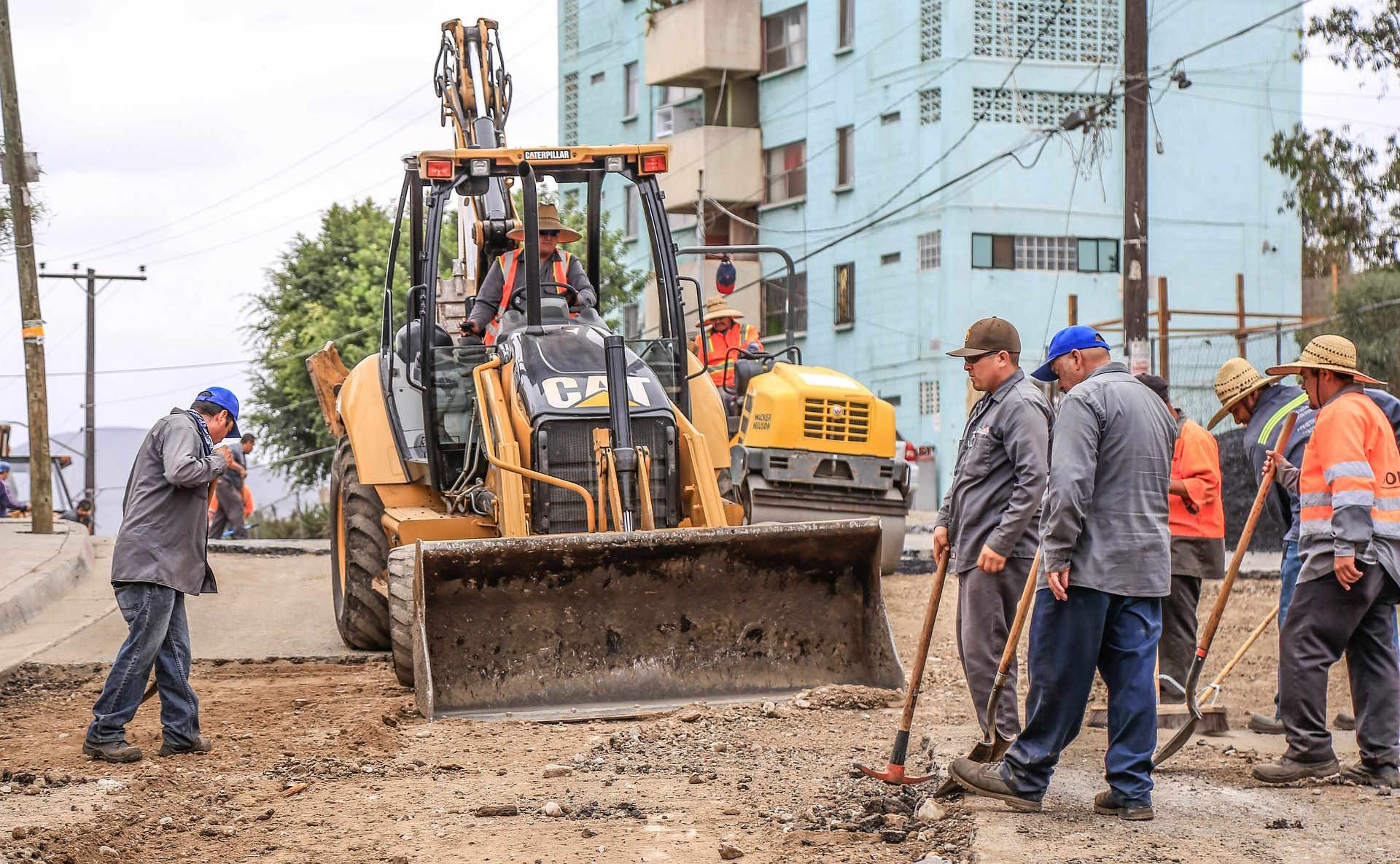Mastering the Excavator: Career Insights for Aspiring Operators
Discover the world of excavator operation in construction. This guide explores the skills, qualifications, and safety measures essential for success in heavy equipment careers. Learn about industry trends, technological advancements, and potential career paths in this dynamic field. Note: This article provides general career information and does not list specific job openings.

Embarking on a Career in Excavator Operation
The construction industry relies heavily on skilled professionals who can expertly maneuver heavy machinery. Among these, excavator operators play a crucial role in shaping landscapes and laying foundations for various projects. This article delves into the intricacies of excavator operation, offering insights into the skills, qualifications, and industry trends that shape this career path.
Essential Skills for Excavator Operators
Successful excavator operators possess a unique blend of physical dexterity and mental acuity. Key abilities include:
- Precise hand-eye coordination
- Strong spatial awareness
- Ability to interpret technical drawings and blueprints
- Effective communication with team members
- Adaptability to various job site conditions
These skills enable operators to perform a wide range of tasks, from digging trenches and foundations to grading terrain and demolishing structures.
Qualifications and Training
While specific requirements may vary by region and employer, aspiring excavator operators typically need:
- A high school diploma or equivalent
- Completion of a recognized heavy equipment operation program
- Certification from industry-standard organizations
- A valid driver’s license
- Clean background check and drug screening results
Many professionals enter the field through apprenticeships, combining hands-on experience with classroom learning over a 3-4 year period. This comprehensive training approach provides a solid foundation for long-term success in the construction industry.
Safety: The Cornerstone of Excavator Operation
In the high-stakes environment of construction sites, safety is paramount. Excavator operators must:
- Perform thorough equipment inspections daily
- Utilize appropriate personal protective equipment (PPE)
- Follow strict load handling protocols
- Maintain clear lines of communication with ground crews
- Adhere to site-specific safety guidelines
Ongoing safety training and regular certification renewals are essential to maintain a secure work environment and prevent accidents.
Industry Outlook and Career Progression
The construction sector’s continued growth suggests a positive outlook for excavator operators. While specific job openings may vary, the U.S. Bureau of Labor Statistics projects a faster-than-average growth rate for construction equipment operators, including those specializing in excavators.
Potential career advancement paths may include:
- Progression to senior operator or site supervisor roles
- Specialization in niche areas like precision excavation
- Transition to training or safety coordination positions
- Exploration of independent contracting opportunities
As operators gain experience and additional certifications, they may find opportunities to work on more complex projects or in specialized sectors such as mining or marine construction.
Technological Advancements Shaping the Field
The rapid evolution of technology is transforming excavator operation. Key innovations include:
- GPS and machine control systems for enhanced accuracy
- Telematics for remote equipment monitoring
- Virtual reality simulators for training purposes
- Electric and hybrid excavators to reduce environmental impact
- Augmented reality for improved site visualization
Staying current with these technological advancements is crucial for operators looking to remain competitive in the job market and enhance their efficiency and safety on the job.
Work Environment and Conditions
Excavator operators work in diverse settings, each presenting unique challenges:
- Exposure to various weather conditions
- Potential for extended work hours, including weekends
- Physical demands of equipment operation
- High noise levels and equipment vibration
- Possible encounters with hazardous materials or unstable terrain
Despite these challenges, many operators find fulfillment in their work, taking pride in their tangible contributions to infrastructure development and enjoying the camaraderie of construction teams.
Conclusion
A career in excavator operation offers a unique blend of technical skill, physical prowess, and continuous learning. While the field presents its share of challenges, it also provides opportunities for those passionate about construction and heavy machinery. By focusing on skill development, prioritizing safety, and embracing technological advancements, aspiring excavator operators can position themselves for success in this dynamic industry.
Remember, this overview provides general career information and trends. Specific job opportunities, requirements, and market conditions may vary. Those interested in pursuing a career as an excavator operator should conduct further research and consult with industry professionals or local training programs for the most up-to-date and region-specific information.






